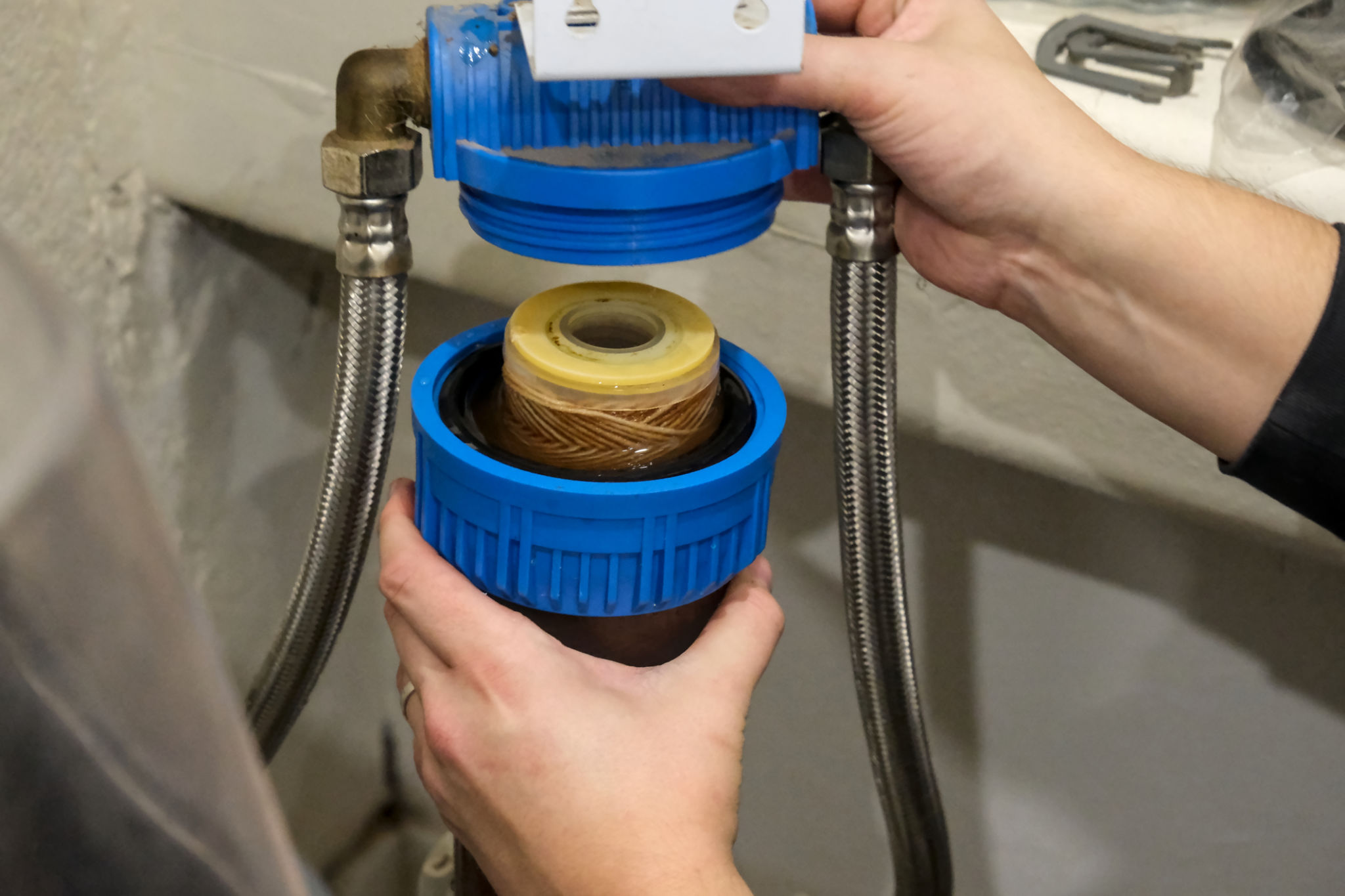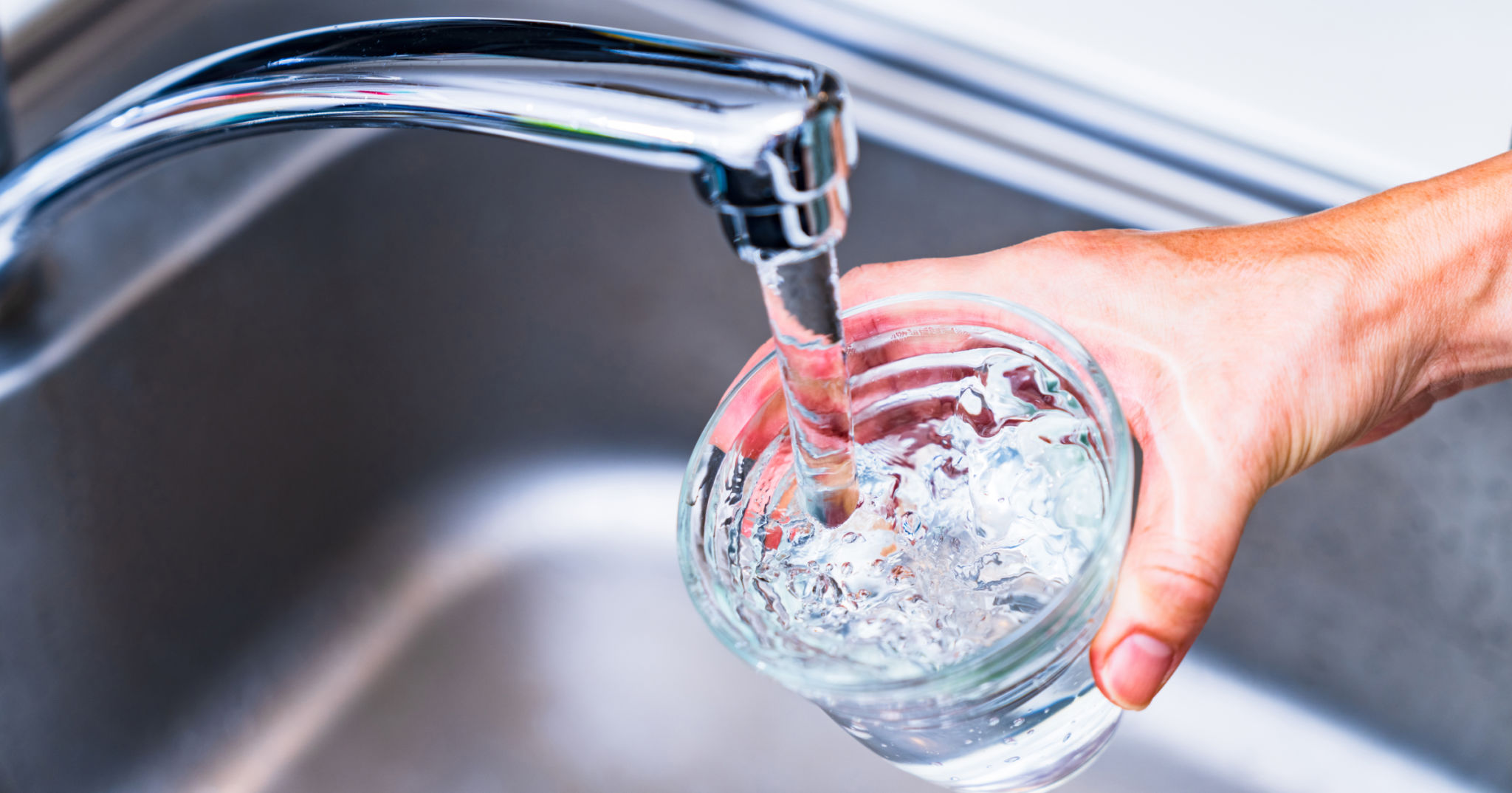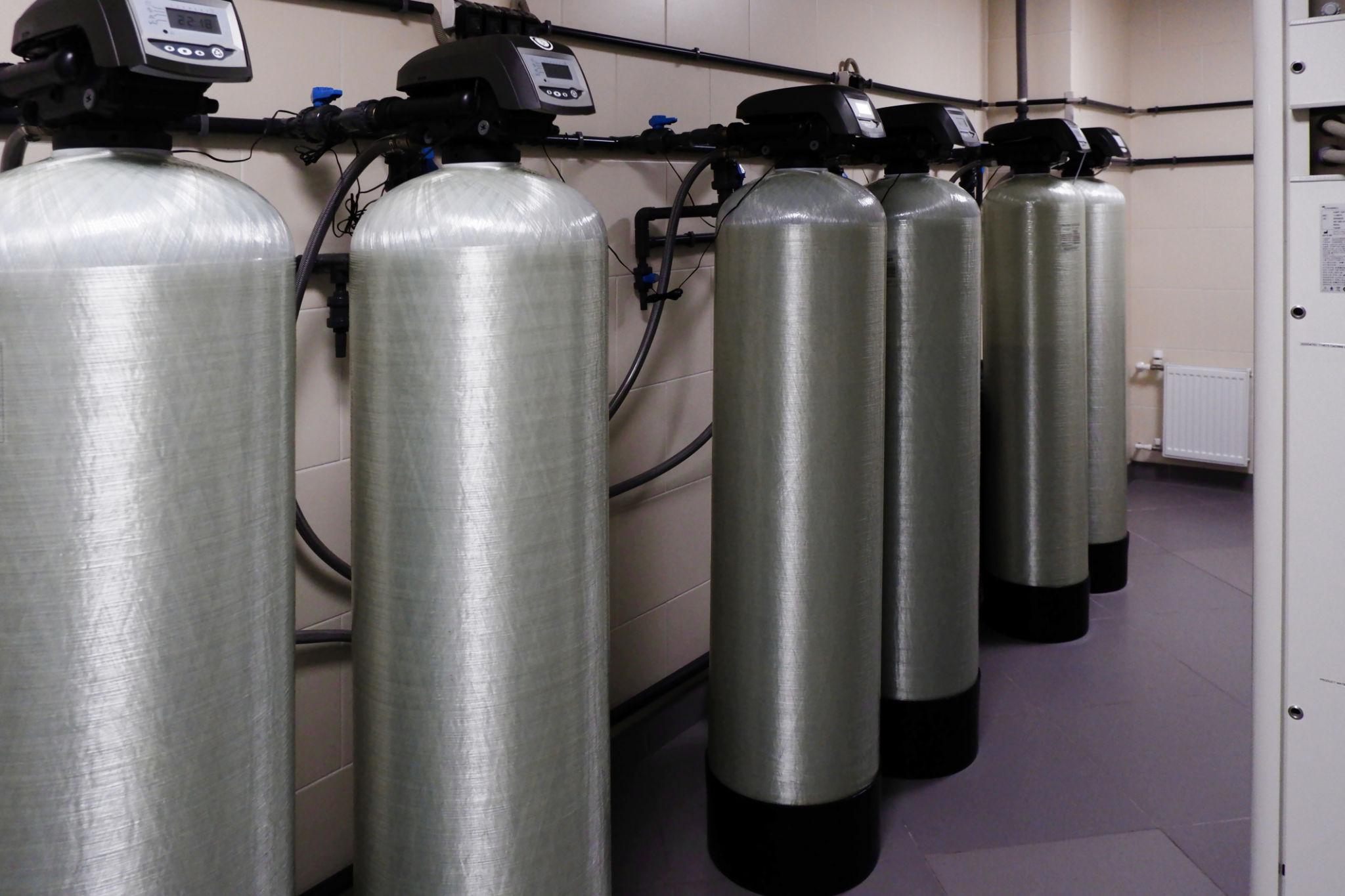Myths About Water Softeners: What You Need to Know
BZ
Understanding Water Softeners
Water softeners are essential devices for many households, particularly in areas with hard water. Despite their popularity, there are numerous myths surrounding them that can lead to confusion and misinformation. In this post, we'll debunk some of the most common myths about water softeners and provide clarity on what you need to know.

Myth 1: Water Softeners Make Water Salty
One of the most widespread myths is that water softeners add salt to your water, making it taste salty. This is not true. Water softeners use a process called ion exchange, where sodium ions replace calcium and magnesium ions. The amount of sodium added is minimal and does not significantly affect the taste or safety of your water.
Myth 2: Softened Water Is Unsafe to Drink
Another common misconception is that softened water is dangerous for consumption. In reality, softened water is safe to drink for most people. However, those on a low-sodium diet should consult their doctor, as the sodium content can be slightly higher than untreated water.

Myth 3: Water Softeners Waste a Lot of Water
While it's true that traditional water softeners can use significant amounts of water during the regeneration process, advancements in technology have led to more efficient units. Many modern water softeners are designed to minimize water usage and operate more efficiently.
Myth 4: Water Softeners Are Expensive to Maintain
Some believe that maintaining a water softener is costly, but this is largely exaggerated. The primary maintenance task is replenishing the salt supply, which is affordable and easy to manage. Regular checks and occasional professional servicing ensure the system runs smoothly without breaking the bank.

Benefits of Using a Water Softener
Despite the myths, water softeners offer several advantages. They help extend the lifespan of appliances by preventing mineral buildup, improve the effectiveness of soaps and detergents, and contribute to softer skin and hair. These benefits make them a worthwhile investment for many households.
Choosing the Right Water Softener
When selecting a water softener, consider factors such as your household size, water hardness level, and budget. Research different models and consult with professionals if needed to find a unit that best suits your needs. Remember, investing in a quality water softener can lead to long-term savings and improved water quality.
In conclusion, understanding the facts about water softeners can help dispel myths and make informed decisions. By recognizing the benefits and addressing common misconceptions, you can enjoy the advantages of softened water without falling prey to misinformation.
